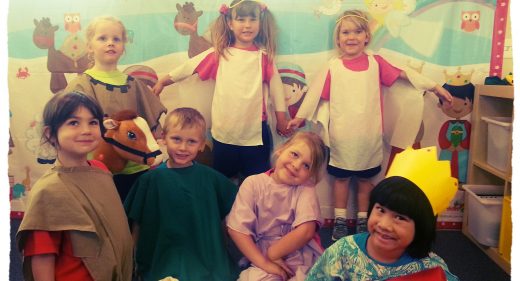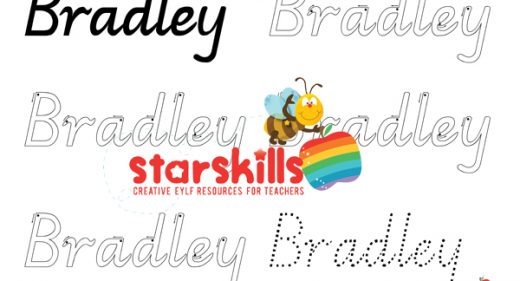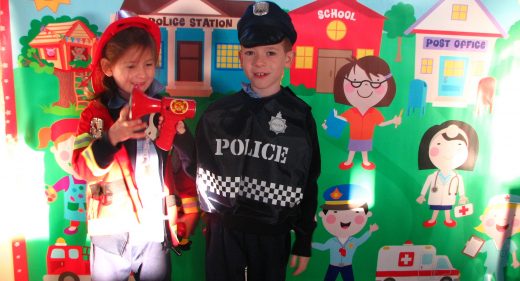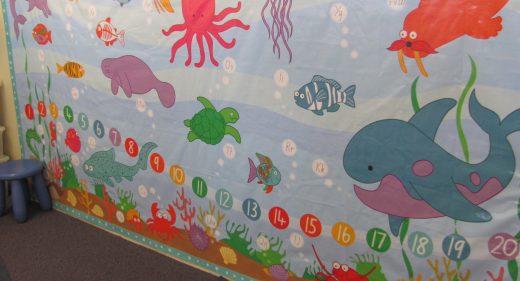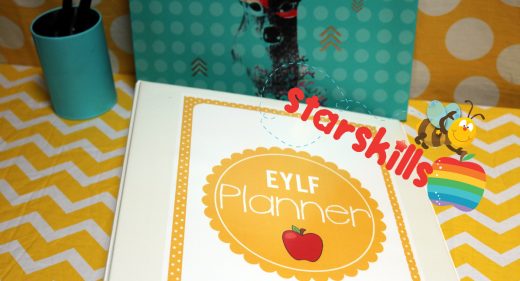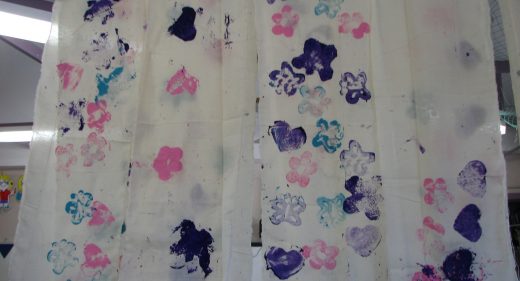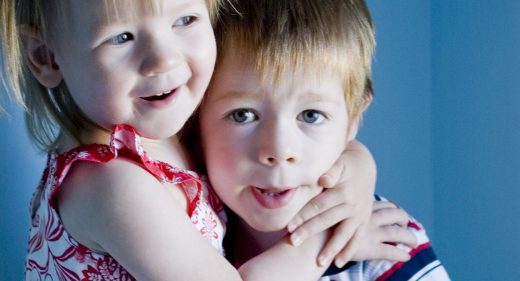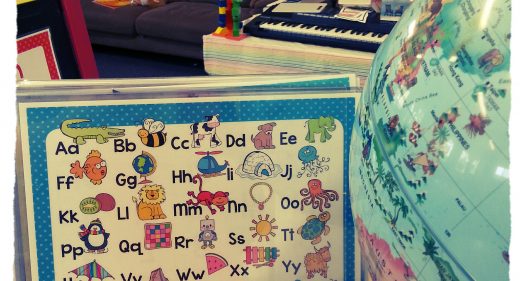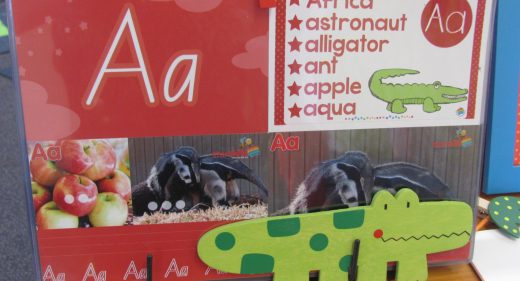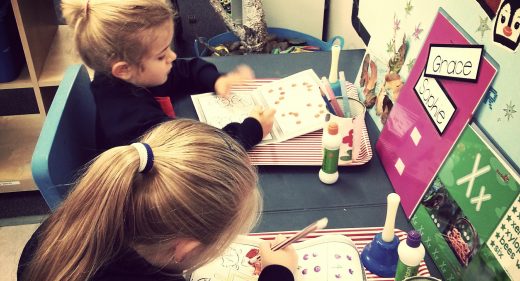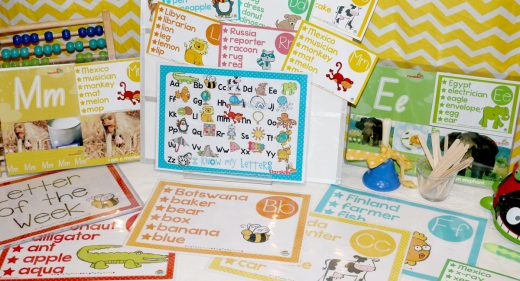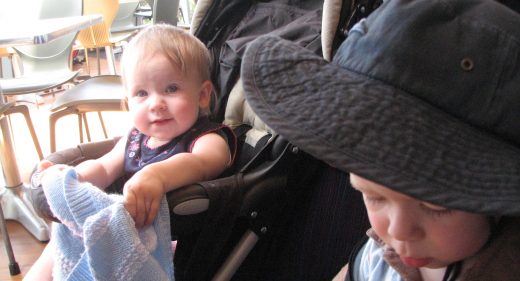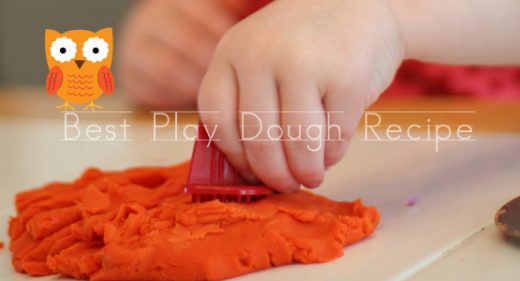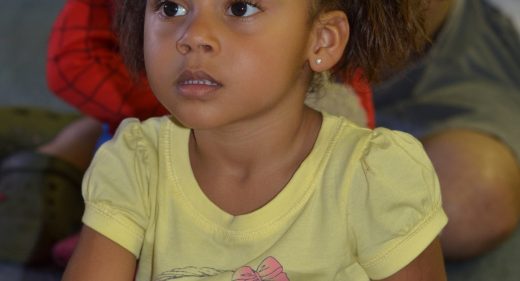I am soooo excited to launch my style of EYLF Curriculum Plans! My EYLF Curriculum Plans are designed to help you in your classroom. The EYLF Christmas Curriculum Plan is editable so you can print it off and start your planning or you can type up something fresh. The EYLF is a wonderful way to […]
Last term a teacher asked me if I can create her Name Charts for her so she can save time. Yes! Absolutely I can! I have finished my name charts, name tags and drawer/desk tags for the year and am getting organised! If you are wanting me to help you with your class set then I […]
Community Helpers Theme Welcome to my class – Term 2 2013! Yes we are doing Community Helpers! This page is a work in progress, so please come back and visit me, as I create new things for you around the Community Helper Theme! Community Helpers is such a fun theme to introduce young children to! […]
Sea Theme – ABC Theme The Sea theme is such a fun Summer theme to do with young children. Children will learn about a new Sea Animal each week. I have designed this so you can easily slip this theme into your Letter of the Week Program. Sea Animals Included Here’s a list of the […]
EYLF – Early Years Learning Framework Resources for Teacher Getting your head around the EYLF will be easier with these resources! I have created some of them to be editable so you can add your own experience without having to try and figure it all out! You can get my EYLF Bundle here…. Early Years Learning […]
As I reflect on the things happening in my class this Term I feel tremendously blessed. I wake up in the morning so excited about the kids and families I have contact with. I am excited to have fun things for the kids to be learning and to be involved with. One of the things […]
We all desire to have confident kids. Kids that hold their heads up high and that show resilience. Kids that are confident in new situations. Are kids just born this way or are there things we can do as educators and parents to help our children in this? I have been working with children for […]
When you start to teach your child the Alphabet there are a number of quality early childhood books that can help you in this task. Setting up a box of Alphabet books is a super practical idea to encourage your baby, toddler and preschooler to learn the alphabet. 7 Best Alphabet Books to Teach Alphabet […]
Research shows that when children can easily recognize letters, they will have more success reading. Here are a few ways that you can help your child at home. Write your child’s name in many places around your home– on a backpack, a sign on the bedroom door, and on artwork they create. Name each letter […]
Knowing how to correctly teach the alphabet is very important. You will need to consider your child’s age and early literacy experiences. Pre schoolers may often be able to sing the alphabet song – ABCDEFG… but this does not mean your child actually knows the alphabet sounds, recognition and letters. A phonological awareness base is […]
What is Phonological Awareness? Phonological awareness refers to an individual’s awareness of the phonological structure, or sound structure, of spoken words. Phonological awareness is an important and reliable predictor of laterreading ability and has, therefore, been the focus of much research. Phonological awareness involves the detection and manipulation of sounds at three levels of sound structure: syllables, onsets and rimes, and phonemes. […]
What is Phonemic Awareness? Phonemic awareness is a subset of phonological awareness in which listeners are able to hear, identify and manipulate phonemes, the smallest units of sound that can differentiate meaning. Separating the spoken word “cat” into three distinct phonemes, /k/, /æ/, and /t/, requires phonemic awareness. The National Reading Panel has found that phonemic awareness improves children’s word reading and reading comprehension, as well as helping children […]
My children and I made a homemade playdough kit that gets a lot of use. Here’s what we put in our kit to help give you some ideas for your own kit. Everything goes into a large plastic or tupperware container that’s big enough to hold the following: 1 or more rolling pins 3 or […]
I have just finished creating the Starskills Animal Early Learning Program! I am so excited to be able to share what this program includes! Starskills Early Learning Programs are for babies, toddlers, preschoolers and kindy students. Programs are designed to be easily implemented in playgroups, ESL and early learning settings such as daycares, pre kindy […]
Here are ages and pointers for each year of development. Most children will not follow this to the letter it is only a developmental guide. If you have concerns please see your paediatrician or local speech pathologist. Starskills Online Membership : Weekly Early Learning Vocabulary and Online Printables & Worksheets 6 Month Old Language Development […]
Here are some things you can start doing today that will help your child to develop their vocabulary as your child grows. Vocabulary development is foundational to future literacy skills including reading and writing. Below you will find practical things you can do with your baby, toddler and pre schooler to develop your child’s vocabulary […]
Click Here to Download The Early Years Learning Framework (EYLF) has five outcomes. It is all well and good to have the outcomes, but what do they mean?? How do we use them in our teaching? How do the activities that we already have apply to the EYL? I am going to break them down for […]
5.5 Use information and communications technologies to access information, investigate ideas and represent their thinking Recognises and uses specific vocabulary that is related to information and communication technology, e.g. screen, keyboard, mouse Uses keyboard and mouse to operate simple computer programs, e.g. talking texts and games Experiments with the use of the keyboard for […]
5.4 Begin to understand how symbols and pattern systems work Participates in innovation and play involving sound patterns, vocabulary and language, e.g. invented words, songs, poems, nonsense rhyming, sentence innovation Participate in literacy texts which have a predictable pattern based on rhyme or rhythm, e.g. dances, chants, rhymes, jingles, songs Demonstrate word awareness (e.g. […]
5.3 Express ideas and make meaning using a range of media Explores representation of language, e.g. scribbles, shapes, pictures, letter-like symbols, letters, writing high-frequency words such as their own name. Experiments with representing texts in a variety of ways, e.g. oral retelling, role-play writing, imaginative play, drawing, drawn or written letter. Contributes to texts […]
5.2 Engage with a range of texts and gain meaning from these texts Engages with, listens to and responds to a variety of texts, e.g. fiction, non-fiction, poetry, multi-media texts, with familiarity and understanding of their format. Share, illustrate, re-enact or re-tell stories of different cultures, e.g. traditional tales, dreamtime stories Sings and chants rhymes, […]
4.4 Resource their own learning through connecting with people, place, technologies and natural and processed materials Uses and names a range of tools, resources and techniques in investigations Uses his/her senses to explore natural and built environementsaapts materials for use in play situations, suggesting new ideas and ways to use resources Explores the purpose and […]
4.3 Transfer and adapt what they have learned from one context to another Mirrors, repeats and practices the actions of others, either immediately or later Makes connections between experiences, concepts and processes Uses the processes of play, reflection and investigation to solve problems Applies generalizations from one situation to another Tries out strategies that were effective […]
4.2 Develop a range of skills and processes such as problem solving, inquiry, experimentation, hypothesizing, researching and investigating Engages in simple investigations and explorations Identifies cause and effect Explore safe environments using all senses Applies a wide range of thinking strategies to engage with situations and solve problems, and adapt these strategies to new situations […]
4.1 Develop dispositions for learning such as curiosity, cooperation, confidence, creativity, commitment, enthusiasm, persistence, imagination and reflexivity Explores different ways of doing things Shows curiosity about events and experiences Shows curiosity, engagement and purpose in learning Perseveres when faced with challenges, making several attempts before seeking help. Express wonder and interest in their environments […]

